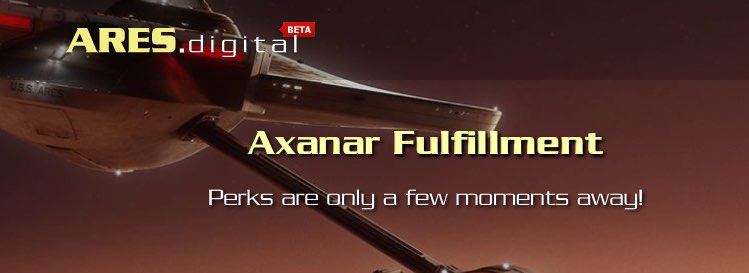Change in Character
Main article: Axanar Indiegogo Details
See also: Fan Films: Breaking the Unwritten Rules and Defining Profit
The move from Kickstarter to Indiegogo in 2015 marked not only a change in platform but a significant increase in producer Alec Peters’ estimate of Axanar‘s cost as well as plans for Ares Studios, an effort for commercial production of other science fiction properties and rental of the production facilities paid for with donor money.
Move to Indiegogo
Kickstarter, where Axanar had raised $739,642 — the most of any fan film — and Indiegogo operate on very similar business models: Run a time-limited campaign, if you meet your goal you get all the money pledged, minus a percentage to the crowdfunding platform and transaction fees to the company who handle payments. But Indiegogo offered several advantages to Axanar over Kickstarter.
Keeping All Pledges
Kickstarter operates on an “all or nothing” basis — campaigns that fail to meet their goals lose all the money that’s been pledged to them. Indiegogo allows campaigns that don’t meet their fiscal goals to keep everything that’s been pledged but with the platform taking a larger percentage of the proceeds.
Indiegogo's Flexibility
While both platforms offer maximum campaign lengths of 60 days1) 2), Indiegogo offers an “In Demand” category for select projects, allowing them to raise money indefinitely, and the platform offered Axanar that designation.
[Indiegogo] love Axanar and really want our business and so have come with an aggressive offer to woo us away from Kickstarter.3)
Also on the table was:
- A $35,000 savings in fees if Axanar exceeded $1 million.
- Accepting both credit cards and PayPal. Kickstarter uses Amazon Payments for financial transactions.
Peters was also persuaded by the success of the year’s two biggest film projects, Super Troopers II, which raised $4.5 million, and Con Man, which raised $3.2 million — both on Indiegogo.4)
He also announced his intention to run at least four more crowdfunding campaigns and wanted to compare his successes between the two platforms:
'Axanar's' Cost Rises
See also: Ambition vs. Achievement
With each successive (and successful) crowdfunding campaign, the cost to produce Axanar continued to increase, in large measure because of the decision to build its own commercial studio. Studio expenses alone consumed 38 percent of the proceeds from the second Kickstarter campaign.6)
“This decision changed Axanar dramatically,” Peters explained. “In the end, it was agreed that more time and more money would equal greater quality.”7)
Commercial Activities
See also: Merchandise
Building his own studio, which he named Ares Studios, also presented Peters with an economic opportunity. He would now have a permanent facility to produce not only more “independent Star Trek productions” but to earn income from renting out the facility and from Ares’ own original films, which would be freed from the intellectual property restrictions of fan films.8)
Axanar is not just an independent Star Trek film; it is the beginning of a whole new way that fans can get the content they want, by funding it themselves. Why dump hundreds or thousands of dollars a year on 400 cable channels, when what you really want is a few good sci-fi shows? Hollywood is changing. Netflix, Hulu, Amazon, and other providers are redefining content delivery, and Axanar Productions/Ares Studios hopes to be part of that movement.9)

In March 2016, Peters announced the Ares Studios assets were to be transferred to a secret group of investors for up to $400,000 that would go into the production of Axanar. At the time, and in a video interview with TrekZONE, Peters refused to say whether he was part of that investment group.
Even so, by May 2016 Peters felt he was sufficiently empowered to offer a 2 percent stake in the studio to departed chief technologist Terry McIntosh in exchange for the Ares Digital fulfillment software.
The crowdfunding campaigns had required Axanar to set up a full-fledged merchandising and fulfillment operation featuring a full line of Star Trek-based apparel, five blends of coffee, posters, artwork, patches, models and books in a Donors’ Store, which Peters realized presented a potential revenue stream he launched with co-producer McIntosh called Ares Digital.10)
However, Ares Digital utterly failed to enable Axanar to deliver promised perks to its donors, forcing the production to start its fulfillment efforts from scratch. 


